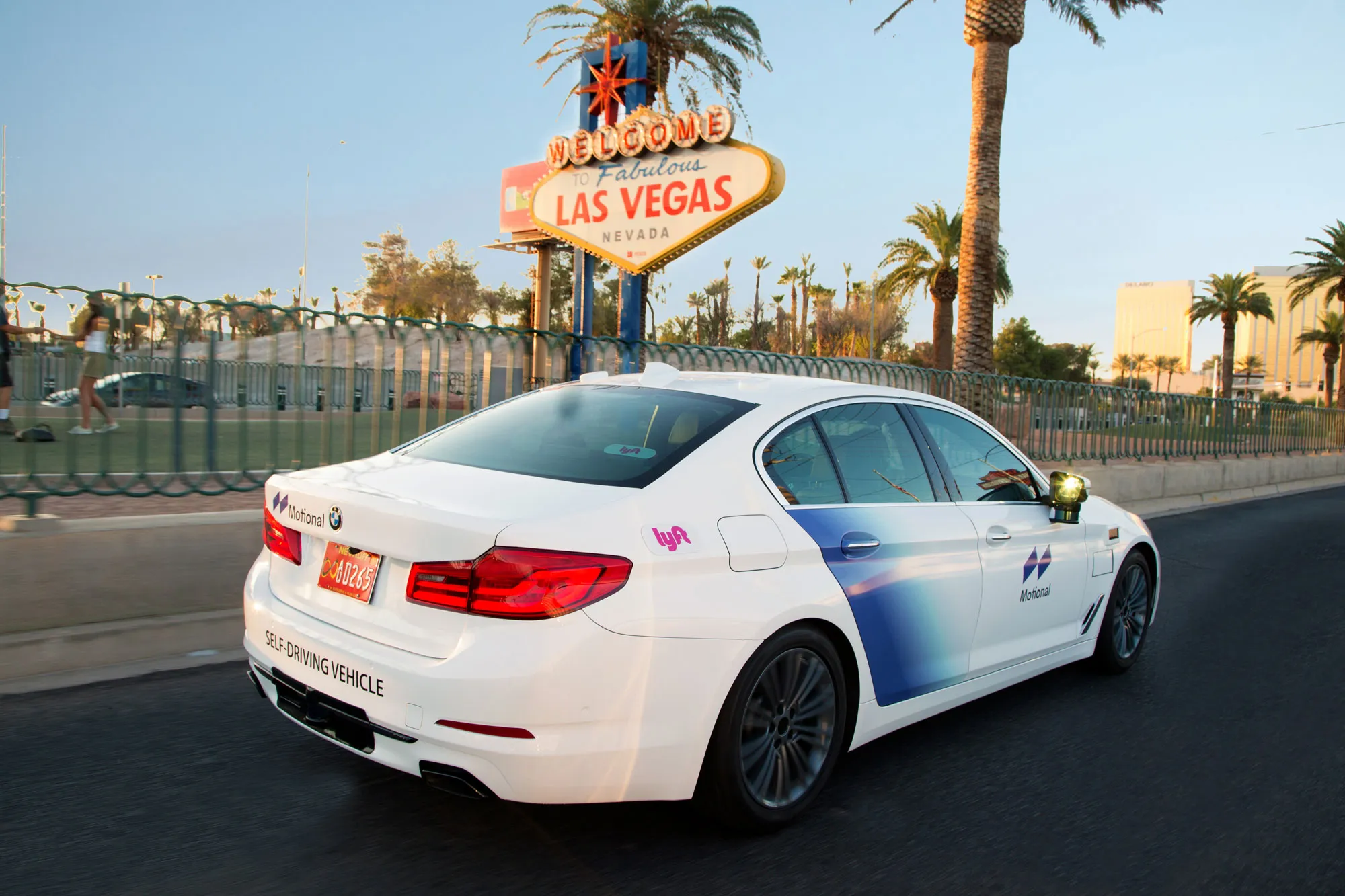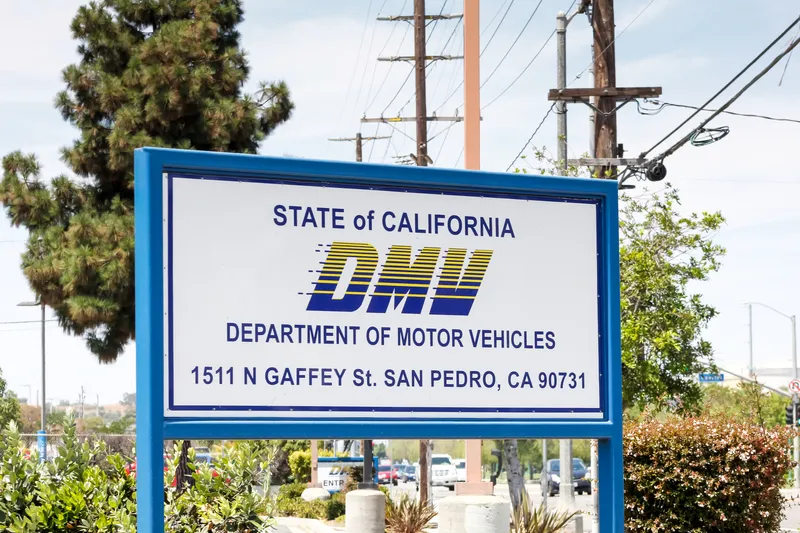
Motional and Lyft have resumed their autonomous vehicle (AV) mobility service in Las Vegas after implementing protective measures in response to the coronavirus pandemic.
Motional says the measures include a partition between the front and rear seats, vehicle operator personal protective equipment and vehicle sanitisation at the start and end of each trip as well as between rides.
Karl Iagnemma, CEO at Motional, says: "We've put extensive measures in place to keep our fleet thoroughly and frequently sanitised, and our passengers safe and healthy.”
Nadeem Sheikh, vice president, AV programs at Lyft, says: "Getting this fleet back up and running is a significant jumping-off point as we prepare to launch a robust set of new features for the self-driving fleet."
Riders can book a robotaxi via Lyft's app.
Motional says the fleet has provided more than 100,000 rides to members of the public since it launched in 2018.
In August, Motional became the official name behind a joint venture between Hyundai Motor and Aptiv which seeks to develop safe and accessible AVs.
“What we’re building is more relevant than ever. The pandemic has challenged the global community to re-think transportation, and governments and individuals want more and better options,” Iagnemma adds.
The company has set out to develop SAE Level 4 vehicles and make its autonomous technology available to robotaxi providers and fleet operators in 2022.









